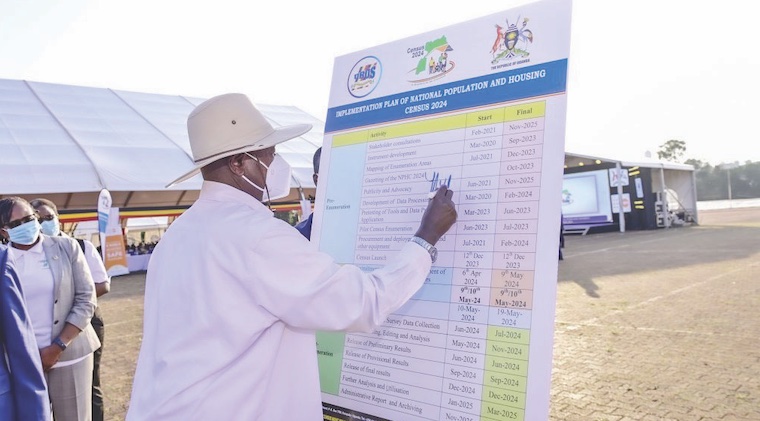Optimizing Brain Health: A Pathway to Greater Well-Being, Says WHO

Several determinants influence brain health, including physical health, healthy environments, safety and security, lifelong learning, and social connections. Access to quality services also plays a pivotal role in how our brains develop, adapt, and respond to stress and adversity. The WHO underscores the importance of addressing these determinants to promote and prevent brain health issues throughout the life course.
The World Health Organization (WHO) has emphasized the significance of brain health, describing it as the state of brain functioning across cognitive, sensory, social-emotional, behavioral, and motor domains. According to the WHO, optimal brain health allows individuals to realize their full potential over their lifetime, irrespective of the presence or absence of disorders.
“Brain health is fundamental to our overall well-being,” a WHO spokesperson stated. “It encompasses various domains and significantly impacts how we navigate our lives. It's crucial for cognitive development, emotional stability, social interactions, and motor skills.”
Several determinants influence brain health, including physical health, healthy environments, safety and security, lifelong learning, and social connections. Access to quality services also plays a pivotal role in how our brains develop, adapt, and respond to stress and adversity. The WHO underscores the importance of addressing these determinants to promote and prevent brain health issues throughout the life course.
“By optimizing brain health through comprehensive strategies, we can enhance not only mental and physical health but also achieve positive social and economic impacts,” the WHO spokesperson continued. “This contributes to greater societal well-being and advancement.”
Despite efforts to optimize brain health, the WHO acknowledges that conditions affecting the brain and nervous system can emerge at any point in life. These conditions are often marked by disruptions in brain growth, structural damage, or impaired brain functioning. Examples include congenital and neurodevelopmental conditions, as well as a range of neurological disorders.
“The challenges posed by brain and nervous system conditions are profound,” the WHO spokesperson noted. “They necessitate a multisectoral and interdisciplinary approach to healthcare, which must be holistic and person-centered.”
To address these conditions effectively, the WHO advocates for strategies that span promotion, prevention, treatment, care, and rehabilitation. Central to these strategies is the active engagement of individuals with lived experiences, along with their families and carers. This holistic approach ensures that care is tailored to the needs of each individual, promoting better health outcomes and quality of life.
“Health and social care systems must collaborate across sectors and disciplines,” the WHO spokesperson emphasized. “We need to focus on a holistic approach that prioritizes person-centered care. Engaging those with lived experience, as well as their support networks, is critical in shaping effective interventions and support systems.”
In conclusion, the WHO’s focus on brain health underscores its vital role in achieving comprehensive well-being. By addressing the various determinants that influence brain health and fostering a collaborative, interdisciplinary approach to care, society can not only mitigate the impact of brain-related conditions but also enhance overall quality of life and societal progress.
“Optimizing brain health is an investment in our collective future,” the WHO spokesperson concluded. “It’s a pathway to enhanced well-being, economic stability, and societal advancement. We must prioritize this area to build a healthier, more resilient world.”
The WHO’s call to action highlights the need for continued research, policy development, and implementation of brain health strategies that are inclusive and accessible to all. As understanding of brain health grows, so too does the potential to unlock significant benefits for individuals and communities worldwide.














